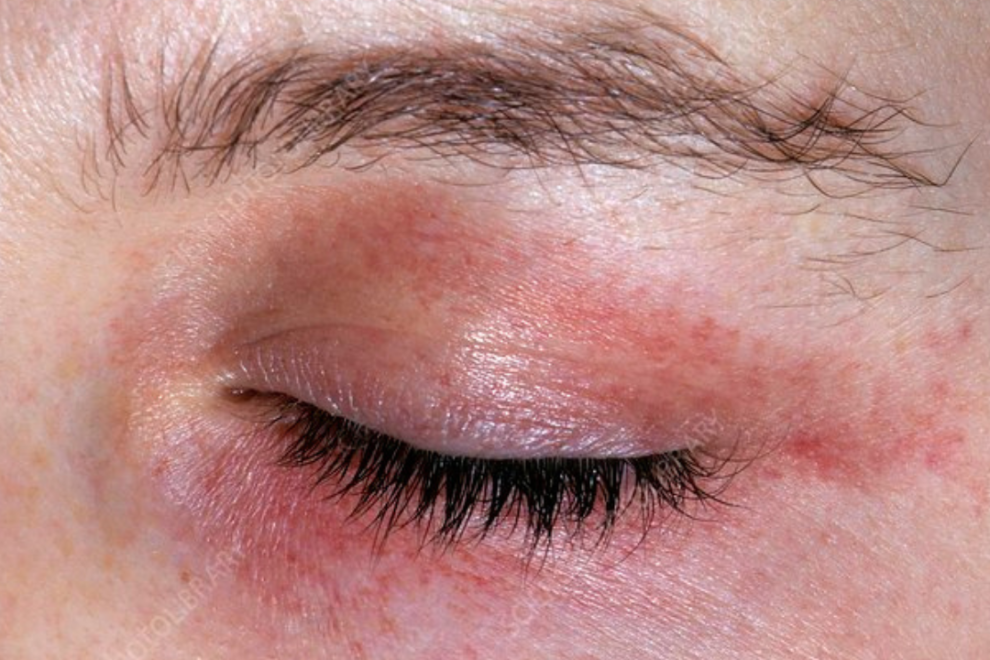Amyloidosis Treatment Cost in India: Advanced Medical Care and Affordable Solutions
India offers cutting-edge treatment options for amyloidosis, including medications, chemotherapy, and stem cell transplants, all aimed at controlling the disease and improving quality of life.
With highly experienced doctors, specialized hospitals, and affordable healthcare costs, India is a preferred destination for amyloidosis treatment.
Comprehensive care plans, tailored to each patient, ensure optimal outcomes and long-term management of the condition.


Free Doctor opinion

Personalized care with a warm interaction with the patient
- Achieving outstanding success rates through our dedicated care approach.
- Equipped with the latest technology to ensure optimal treatment outcomes.
- Our expert team provides exceptional healthcare with experience.
- Offering 24/7 assistance for your health needs and concerns.
- Providing quality treatment at reasonable costs for every patient.
- Contact us Email ID:[email protected]
- Call us: +91 9029304141
Amyloidosis is a group of diseases in which a protein, called amyloid, builds up in the organs and tissues. The buildup may happen in a single organ (localized) or throughout the body (systemically). Amyloid deposits can affect any organ or tissue.
There are three major types of systemic amyloidosis in India : –
- Primary amyloidosis (AL), the most common form, occurs when bone marrow produces too much of certain fragments of antibody proteins, which build up in the bloodstream and may be deposited in body tissues.
- Familial (hereditary) amyloidosis is a genetic form passed down in families that often affects nerves and kidneys.
- Secondary amyloidosis (AA) develops along with a chronic infectious or inflammatory disease, such as tuberculosis or rheumatoid arthritis.
Localized amyloidosis is associated with aging, as the body seems to naturally make amyloid as it ages. Two common conditions associated with localized amyloidosis are type 2 diabetes (where protein builds up in the pancreas) and Alzheimer’s disease (where protein builds up in the brain). Beta2-microglobulin amyloidosis occurs in people with kidney failure who have been on dialysis for a long time (beta2 -microglobulin is a protein that can build up in the blood as a result of kidney failure).
Signs and Symptoms in India
The signs and symptoms of amyloidosis depend on the location and size of the amyloid deposits.
AL may affect any tissue. Signs and symptoms may be vague and can include the following : –
- Heart disease and irregular heart beat — more than one-third of patients with AL have a heart condition
- Stroke
- Kidney disorders, including kidney failure
- Gastrointestinal (GI) disorders, such as perforation (hole), bleeding, slow movement of matter through the GI tract, and blockage
- Enlarged liver
- Diminished function of the spleen
- Diminished function of the adrenal and other endocrine glands
- Skin conditions, such as growths, color changes, purpura (bleeding into the skin) around the eyes, and easy bruising
- Enlarged tongue, sometimes with swelling under the jaw, breathing difficulties, and sleep apnea
- Lung problems
- Swelling of the shoulder joints (may look like shoulder pads under the skin)
- Bleeding problems
Looking for a free cost estimate for Cosmetic Surgery in India abroad –click here
Or email at [email protected] / Call +91 9029304141
Signs and symptoms of hereditary amyloidosis may include the following : –
- Nervous system disorders
- Gastrointestinal conditions, such as diarrhea and weight loss
- Heart problems
- Carpal tunnel syndrome
- Kidney disease, though this is less common than in AL
Signs and symptoms of secondary amyloidosis may include the following : –
- Kidney disease, which may lead to kidney failure; this is the cause of death in 40 – 60% of cases.
- Enlarged liver
- Enlarged spleen
- Heart problems this is rare, and less severe than in other forms of amyloidosis.
Most people who are diagnosed with AA have had their related inflammatory disease for a decade or more.
What Causes It?
No one knows what causes Amyloidosis Treatment, and there may be more than one cause. Hereditary amyloidosis results from genetic changes that cause the body to make abnormal proteins. Researchers think that as we get older, damage builds up in the body and triggers the disease. This kind of damage may come from the body’s use of oxygen (oxidation) and from free radicals (harmful byproducts formed when cells use energy). Amyloid is also more likely to form in people who have immune system problems. Once amyloid deposits start, they seem to continue building up in the same locations. The heart, kidneys, nervous system, and GI tract are the most commonly affected.
Who’s Most At Risk?
People with the following profile are at increased risk for developing amyloidosis : –
- Men. Two-thirds of people with AL are men.
- People over age 50. Even in people with hereditary forms, amyloid deposits severe enough to cause problems are usually detected later in life.
- Disease affecting the antibody-producing plasma cells in the blood (such as multiple myeloma, malignant lymphoma, benign monoclonal gammopathy, or Waldenström’s macroglobulinemia)
- Chronic infectious or inflammatory disease (such as rheumatoid arthritis, inflammatory bowel disease, familial Mediterranean fever, or ankylosing spondylitis)
- Long-term dialysis
- Inherited genetic changes that affect proteins in the body
Do you have your medical reports; send us now for a free quote –click here
Or email at [email protected] / Call +91 9029304141
What to Expect at Your Provider’s Office?
Your health care provider may suspect amyloidosis based on your symptoms, and will perform a physical exam, including blood or urine tests. The only way your doctor can definitively diagnose amyloidosis is by doing a biopsy, using a needle to remove a small amount of tissue to test for amyloid. With hereditary amyloidosis, DNA tests may reveal the genetic change that caused the condition. Special x-ray studies of tissue samples may show the structure of amyloid deposits. Depending on the signs and symptoms, your health care provider may use other tests to find out more about your condition, such as which organs are affected and whether your condition is getting worse.
Treatment Options in India
There is no cure for amyloidosis. Treatment focuses on lessening symptoms and production of amyloid through diet and medications.
Prevention in India
Those who have hereditary amyloidosis should consider going to genetic counseling to learn about the risks of passing the condition to their children.
Treatment Plan in India
Treatment involves decreasing the proteins that can make up amyloid. Chemotherapy is used to treat AL. Depending on the organs that are affected, your health care provider may ask you to follow a special diet (a low-sodium diet, for example, may help control fluid retention if your heart or kidneys are affected). There is no cure for AA, but medication can improve survival. The underlying condition must be treated. A liver transplant may be necessary for hereditary amyloidosis.
Wish to know our Cosmetic Surgery skills, send us your message – click here
Or email at [email protected] / Call +91 9029304141
Read Also :-
- Stenting for GI Tract Surgery: A Minimally Invasive Solution in Digestive Health
- ACL Reconstruction Surgery in India: Advanced Knee Injury Treatment
- Knee Amputation in India: Advanced Surgery and Rehabilitation Services
- Advanced Spondylosis Surgery in India: Procedures, Costs & Leading Hospitals
- Stenting for GI Tract Surgery: A Minimally Invasive Solution in Digestive Health
Committed To Build Positive, Safe, Patient Focused Care.
High Quality
Care
Home Review
Medicine
All Advanced
Equipment
Book An Appointment

At We Care India, we offer complete medical services for your entire family, from routine check-ups to injury care, ensuring personalized attention and expert assistance for all your health needs.


